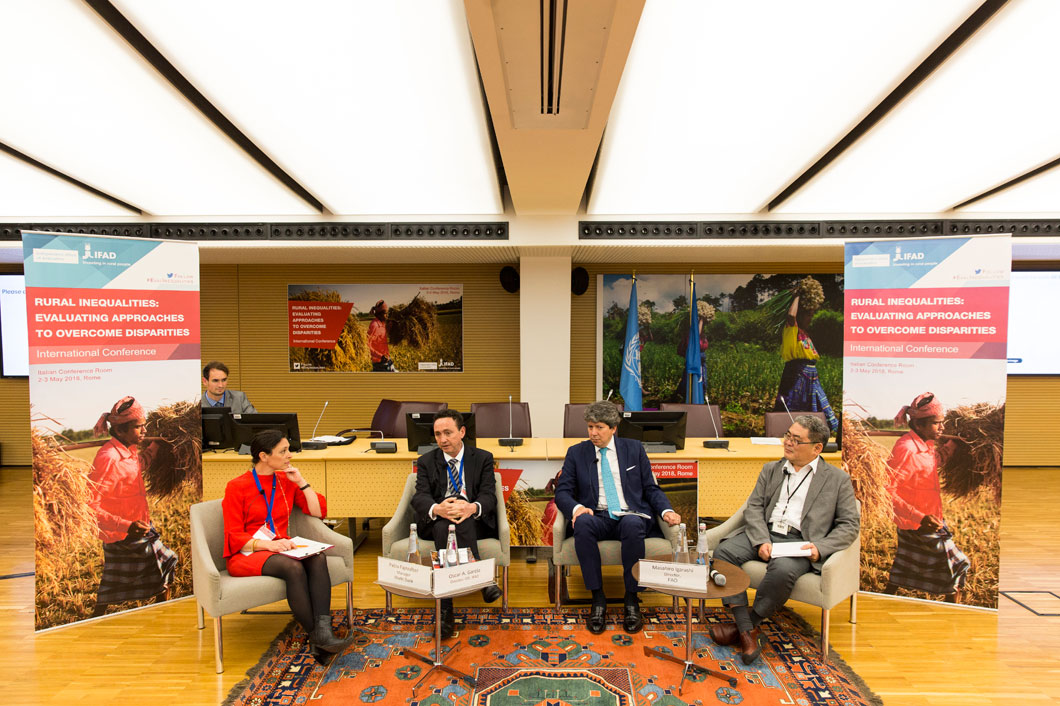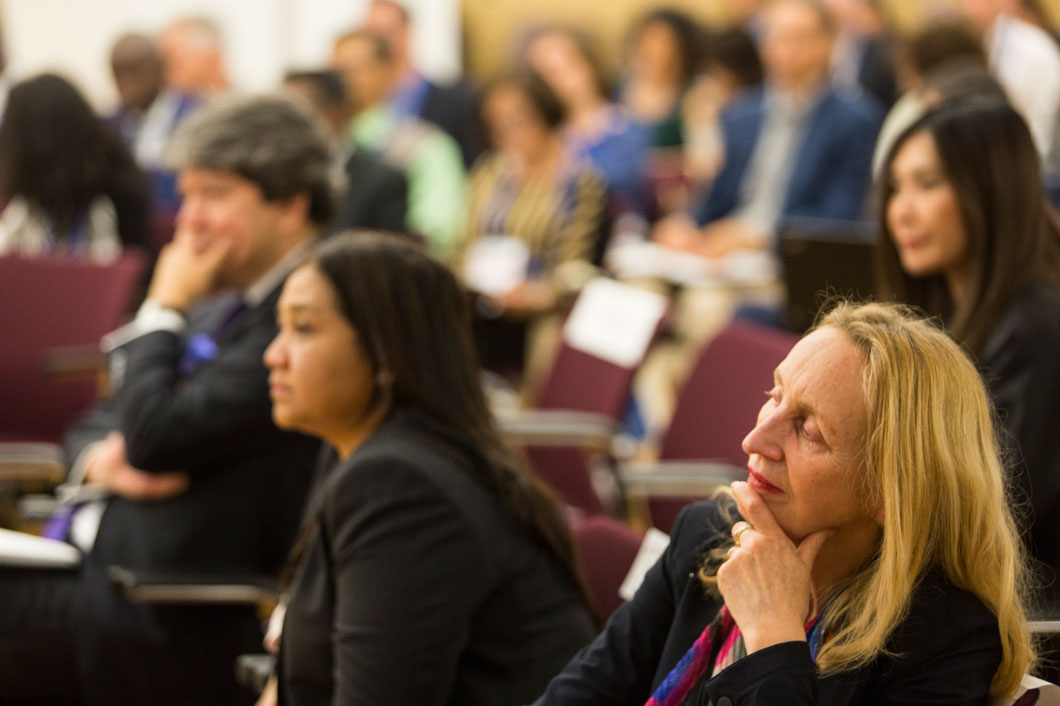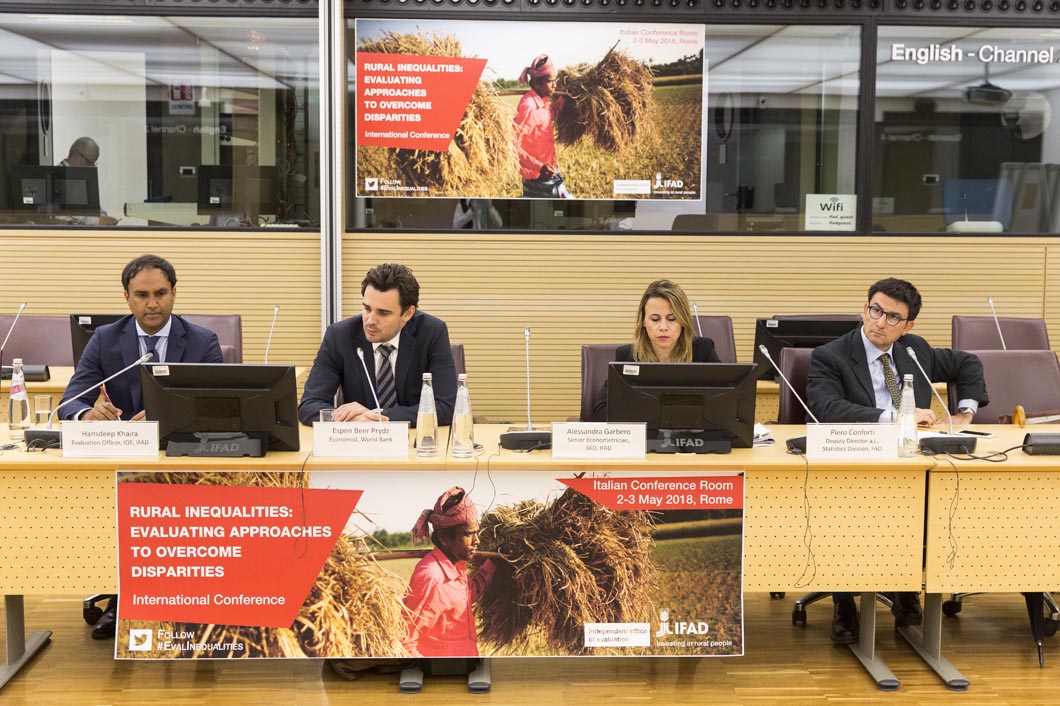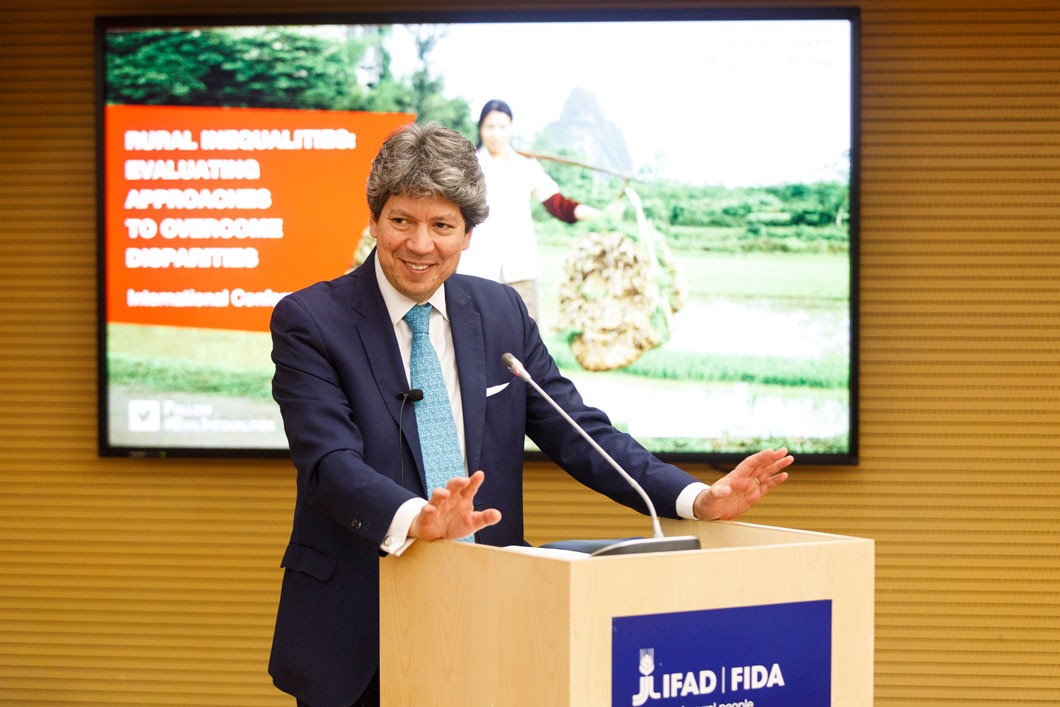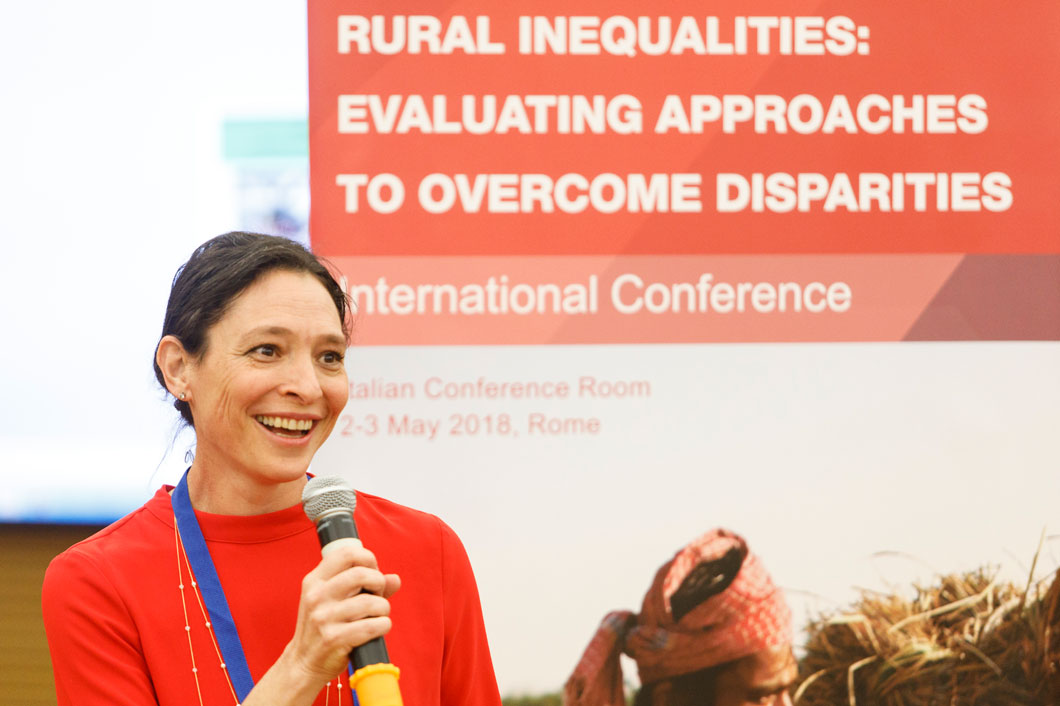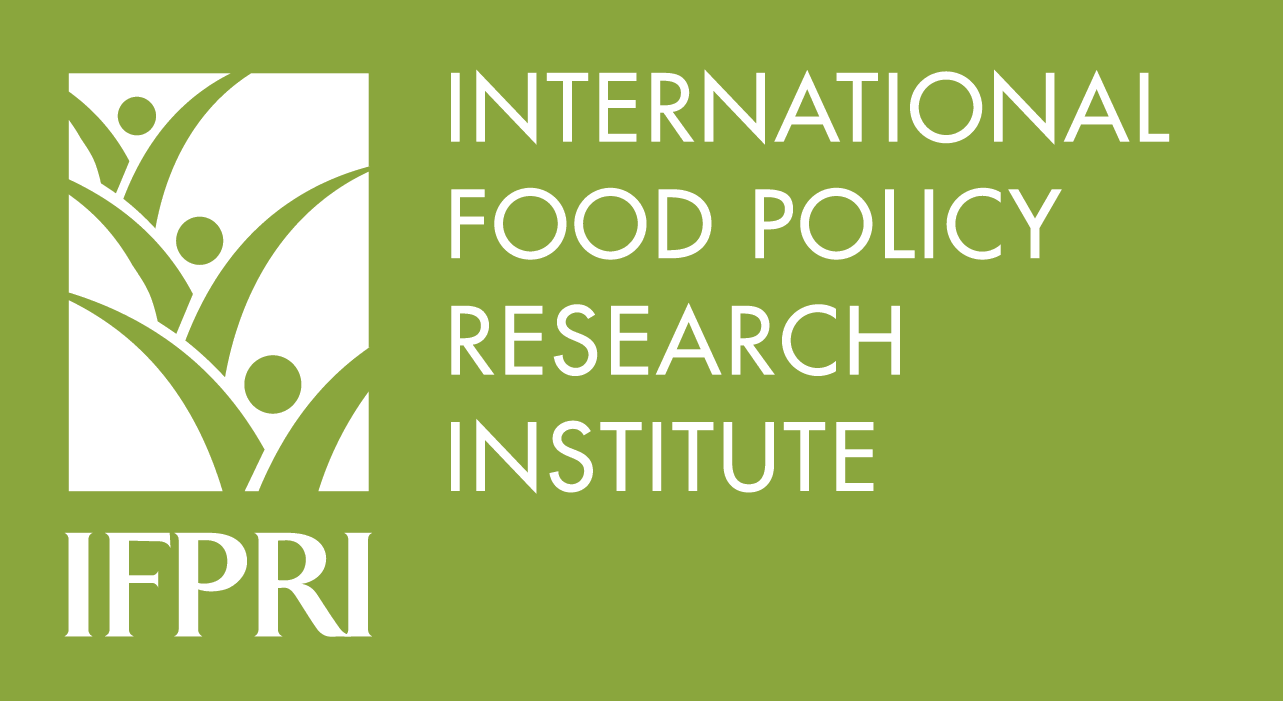Rural inequalities - events
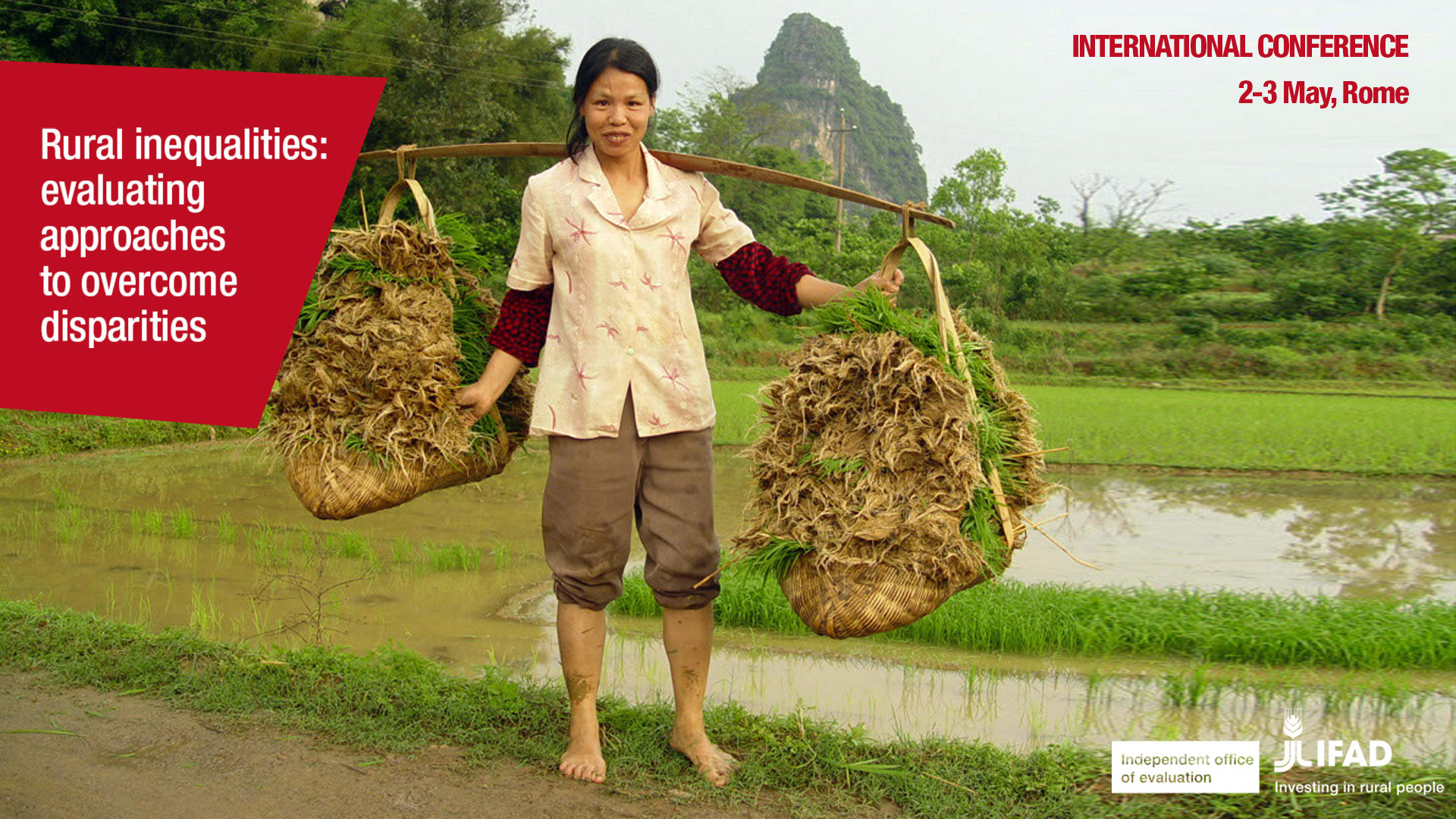
About
The Independent Office of Evaluation of IFAD organized an international conference on Rural Inequalities: Evaluating approaches to overcome disparities on 2 and 3 May 2018 at IFAD headquarters. The conference explored critical questions regarding whether strategies and programmes that aim to eradicate rural poverty reduce disparities within rural areas.
The conference was an enriching one, with 5 panel sessions, 15 breakout sessions and 59 speakers. More than 200 participants from all over the globe attended and shared new experiences and knowledge during the conference. It allowed for a discussion on the importance of stay ahead of the innovation curve by capturing inequalities and the implications thereof to the evaluation functions in our organizations.
The number of people living in extreme poverty stands at 836 million. This figure is especially alarming given the rise in the estimated number of chronically undernourished people in the world – from 777 million in 2015 to 815 million in 2016. In all regions of the world, rates of extreme poverty and food insecurity are higher in rural areas, where three-quarters of the extremely poor and food-insecure people live.
A wide range of approaches have been adopted to reduce rural poverty, from social protection to sustainable livelihoods to wealth creation. The impact of such approaches on rural poverty is typically measured in terms of household incomes and assets, and social empowerment, food security and agricultural productivity, and institutions and polices. The underlying measure of success is whether these approaches have contributed to reducing inequality within rural communities.
Evaluation has the potential to inform organizations and governments if their interventions are indeed contributing to reducing inequality within rural communities. This Conference contributed to reorient strategies towards higher impact.
Resources
Rural poverty results from inequalities in groups, households and individuals to access resources (such as income, land, inputs, capital, education and public transfer payments), their ability to use these resources, and their ownership of them. The sessions on this topic addressed what resources need to be redistributed, to what extent and how?
Resilience
The rural poor often lack the ability to cope with environmental degradation, climate change and economic shocks and risks. Sessions on this topic addressed how to redistribute risk to eliminate the "double punishment" of the most vulnerable.
Relationships
Social relationships are a key determinant to an individual’s ability to access resources and cope with shocks. Unequal power relationships tend to underlie other inequalities, particularly for women, youth and indigenous peoples, and can perpetuate intergenerational poverty. Sessions on this topic addressed how can relationships be rebalanced so that those "left behind" count, are recognized, and have voice?
Rights
Political rights and voice, ensured through the enactment and enforcement of laws and policies, are fundamental to truly eradicate rural poverty, particularly with regards to labour and land for marginalized groups, such as women, youth and indigenous peoples. Sessions on this topic addressed how could policies, laws and rights serve as a remedy and means of institutionalizing equality?
International experts participated in this conference and discussed how redistribution could result in sustained poverty reduction in rural areas from three angles:
- Approaches and theories of change. Examining the impact of different development approaches on inequality and poverty reduction.
- Measurement and data. Sharing methods for measuring rural inequality and resulting data from research and development interventions.
- Findings and lessons. Discussing findings from evaluations and research on effective approaches and verified factors that contribute to or exacerbate disparities in rural areas.
Documents
Nested Applications
Nested Applications
Speakers

Oscar A. García

Oscar A. García
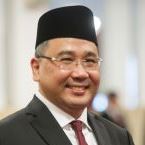
Eko Putro Sandjojo

Eko Putro Sandjojo
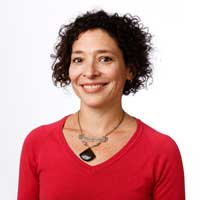
Joanne Levitan

Joanne Levitan

Cornelia Richter

Cornelia Richter
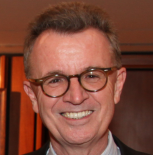
Martin Ravaillon

Martin Ravaillon

Ricardo Fuentes Nieva

Ricardo Fuentes Nieva
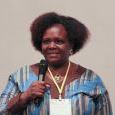
Violet Shivutse

Violet Shivutse

Máximo Torero

Máximo Torero

Pablo Fajnzylber

Pablo Fajnzylber
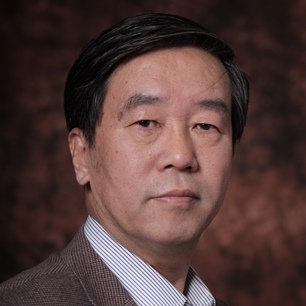
Shi Li

Shi Li

Hazel Malapit

Hazel Malapit

Andrea Biswas Tortajada

Andrea Biswas Tortajada

Michael Taylor

Michael Taylor

Ilaria Bottigliero

Ilaria Bottigliero
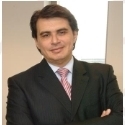
Hugo Beteta

Hugo Beteta
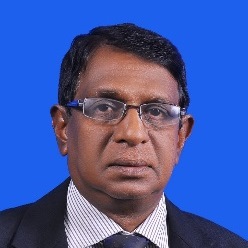
Haridas Fernando

Haridas Fernando
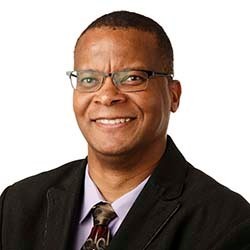
Rui Benfica

Rui Benfica

Katsushi Imai

Katsushi Imai

Alex Prats

Alex Prats
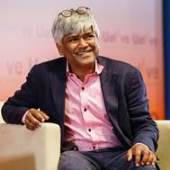
Unni Karunakara

Unni Karunakara

Cecilia Poggi

Cecilia Poggi
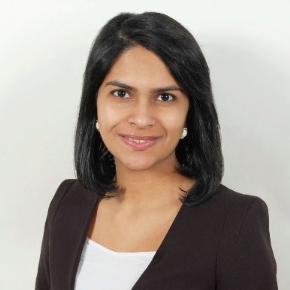
Vidya Diwakar

Vidya Diwakar

Birte Snilstveit

Birte Snilstveit
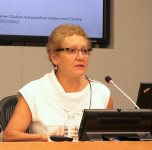
Diana Alarcón

Diana Alarcón

Bidisha Barooah

Bidisha Barooah
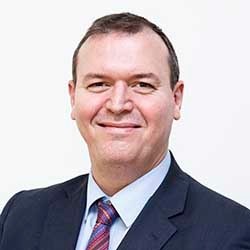
Lisandro Martin

Lisandro Martin
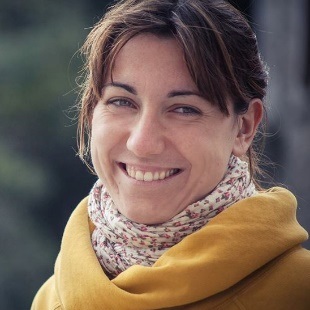
Federica Carfagna

Federica Carfagna
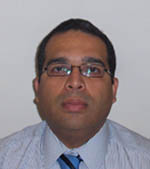
José Pineda

José Pineda

Marco D'Errico

Marco D'Errico

Pablo Arnal

Pablo Arnal

Massimo Giovanola

Massimo Giovanola

Francesco Rispoli

Francesco Rispoli
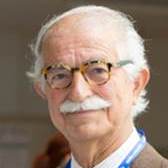
Giovanni Andrea Cornia

Giovanni Andrea Cornia
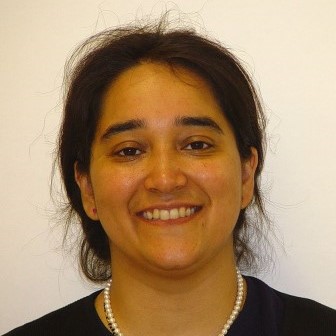
Chitra Deshpande

Chitra Deshpande
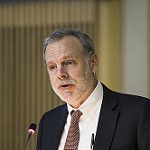
Benjamin Davis

Benjamin Davis

Piero Conforti

Piero Conforti

Espen Beer Prydz

Espen Beer Prydz
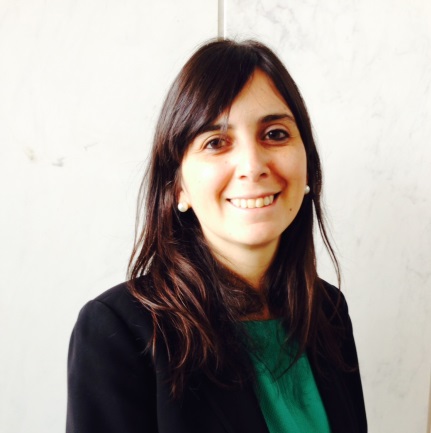
Natalia Winder Rossi

Natalia Winder Rossi
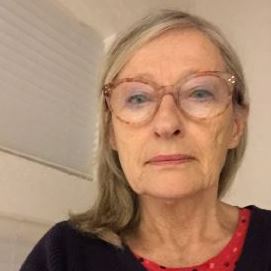
Marielle Pepin-Lehalleur

Marielle Pepin-Lehalleur

María Teresa Gutiérrez

María Teresa Gutiérrez
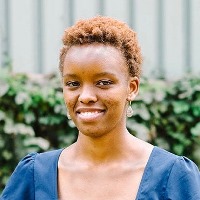
Rita Kimani

Rita Kimani
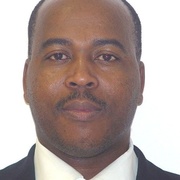
Pontian Muhwezi

Pontian Muhwezi

Michael Grimm

Michael Grimm
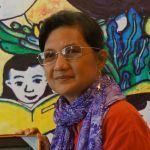
Estrella Penunia

Estrella Penunia
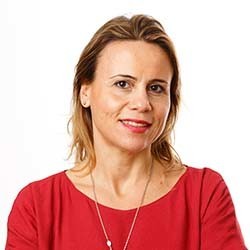
Alessandra Garbero

Alessandra Garbero
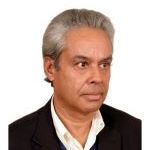
Ragjav Gaiha

Ragjav Gaiha
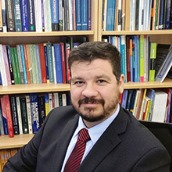
João Pedro Azevedo

João Pedro Azevedo
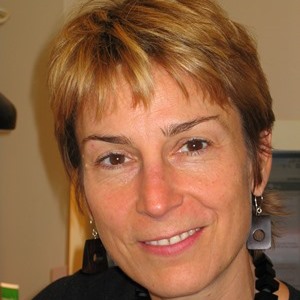
Dominique van de Walle

Dominique van de Walle

Cathy Rozel Farnworth

Cathy Rozel Farnworth
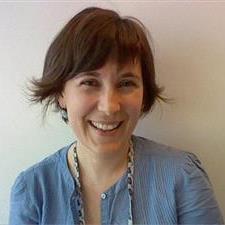
Ariane Genthon

Ariane Genthon

Kanyinke Sena

Kanyinke Sena

Samantha Custer

Samantha Custer
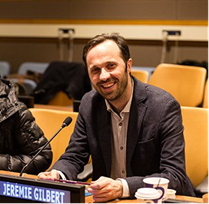
Jérémie Gilbert

Jérémie Gilbert

Papa Seck

Papa Seck
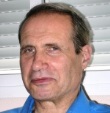
Osvaldo Néstor Feinstein

Osvaldo Néstor Feinstein
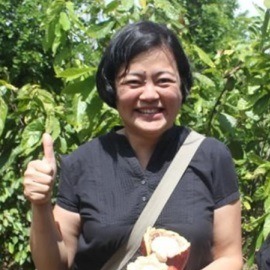
Fay Fay Choo

Fay Fay Choo

Rishikanta Sharma Aribam

Rishikanta Sharma Aribam
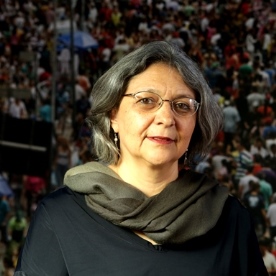
Katia Maia

Katia Maia
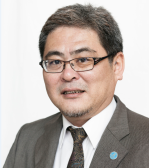
Masahiro Igarashi

Masahiro Igarashi
Location
Latest news
Media
Videos
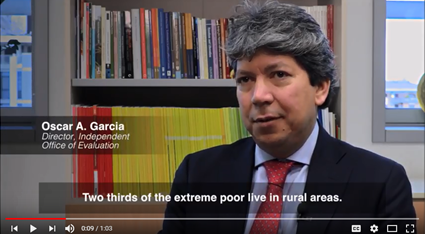
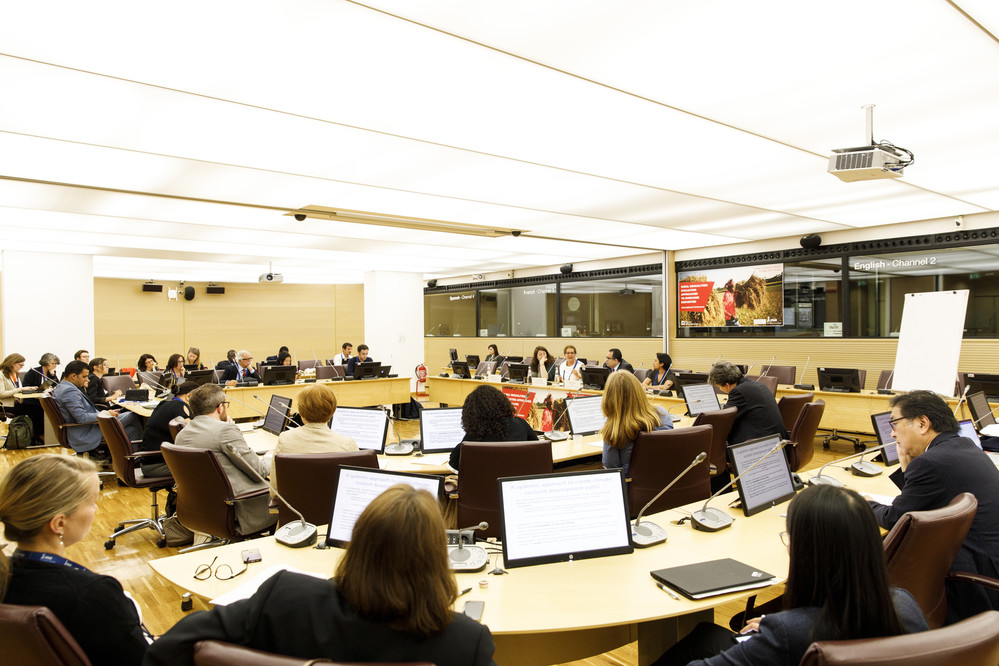
Share
Join the conversation!
Get involved. Follow us on social media #EvalInequalities

